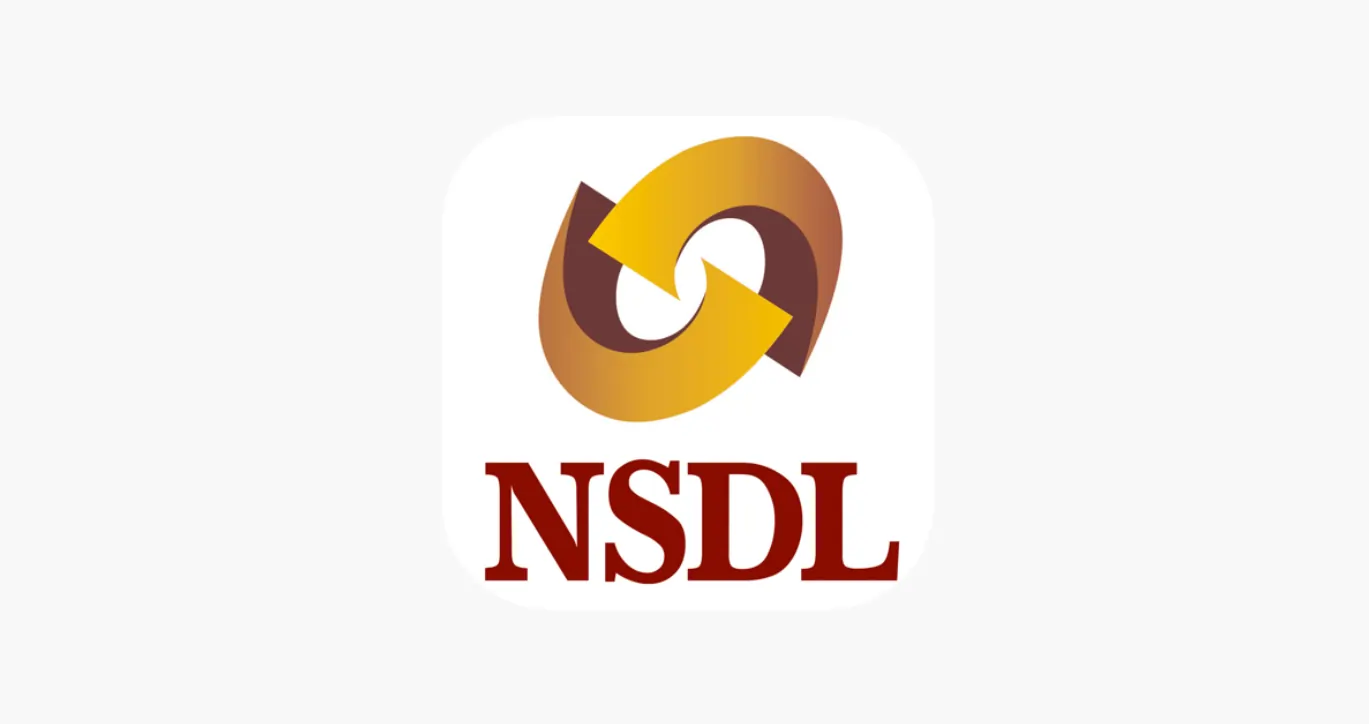
Russian Oil Imports: Why India Is Cutting Exposure
India is reducing Russian oil imports as discounts shrink and sanctions raise payment risk...
In a recent speech, Prime Minister Narendra Modi emphasized the importance of building India’s own Big-4 consulting and audit firms. The idea may sound ambitious, but it is long overdue. For an economy that has emerged as the world’s fifth largest, India cannot afford to remain overly dependent on global consulting giants.
This move has wider implications than just business competitiveness - it also touches on data security, economic independence, and value creation.
The global consulting and audit industry is currently dominated by seven firms:
Together, these seven firms corner a major share of global contracts, spanning everything from government projects to private enterprise advisory.
In India, too, most large government and private sector consulting contracts tend to flow to these global players. While they bring expertise, this dominance also raises concerns:
Building Indian Big-4 consulting firms won’t happen overnight, but the case for it is strong.
While the vision is clear, Indian consulting firms face three major hurdles today:
Government contracts often have stringent qualification norms, favoring global giants with long histories and massive turnovers. Indian firms struggle to qualify despite having strong talent.
Solution: Similar to defence procurement, India can adopt a mandatory in-sourcing policy that requires certain contracts to be reserved for Indian firms.
Under current rules, Chartered Accountants (CAs), Company Secretaries (CSs), and lawyers are barred from actively advertising or soliciting clients. In contrast, global consulting firms are among the largest advertisers worldwide, giving them visibility and reach.
Solution: Relaxing advertising restrictions can level the playing field, enabling Indian firms to build brand equity.
Consulting requires multi-disciplinary expertise - audit, legal, technology, and strategic advisory. But regulations currently prevent professionals like CAs, CSs, and lawyers from forming joint practices.
Solution: Regulatory bodies should allow multi-disciplinary partnerships (MDPs) to help Indian firms deliver integrated services.
A useful comparison is the rise of Indian private sector banks. In the early 1990s, foreign banks dominated India’s financial landscape. Once private Indian banks were allowed more operational freedom, they quickly became strong competitors, offering innovation and scale that matched global peers.
The consulting industry could follow a similar path if Indian firms are:
Creating an Indian Big-4 is not a short-term project - it may take a decade or more. But the first step is intent and policy change.
Some key action points could include:
India has the talent, scale, and demand - all it needs is an enabling ecosystem.
The dominance of global consulting giants will not end anytime soon. But if India wants to secure its data, create global champions, and reduce dependency, the time is ripe to start building its own Indian Big-4.
Like Indian IT services and private banks, Indian consulting firms have the potential to become global powerhouses - provided they are given the freedom and policy support to grow.
1. What is the Big-4 in consulting?
The Big-4 refers to the world’s four largest audit and consulting firms: KPMG, Deloitte, PwC, and EY.
2. Why does India need its own Big-4?
To reduce reliance on foreign firms, secure government contracts, safeguard data, and promote domestic value creation.
3. What challenges do Indian consulting firms face?
They face outdated bidding norms, restrictions on advertising, and regulatory barriers to forming multi-disciplinary practices.
4. How can Indian firms compete globally?
By gaining policy support, freedom to advertise, and the ability to form cross-disciplinary alliances.
Disclaimer: This article is for informational and educational purposes only and does not constitute professional consulting or regulatory advice. Readers should seek independent guidance before making business or policy decisions.
Popular now

Learn how to easily download your NSDL CAS Statement in PDF format with our step-by-step g...

Explore what Specialised Investment Funds (SIFs) are, their benefits, taxation, minimum in...

Looking for the best financial freedom books? Here’s a handpicked 2026 reading list with...

Learn How to Download Your CDSL CAS Statement with our step-by-step guide. Easy instructio...